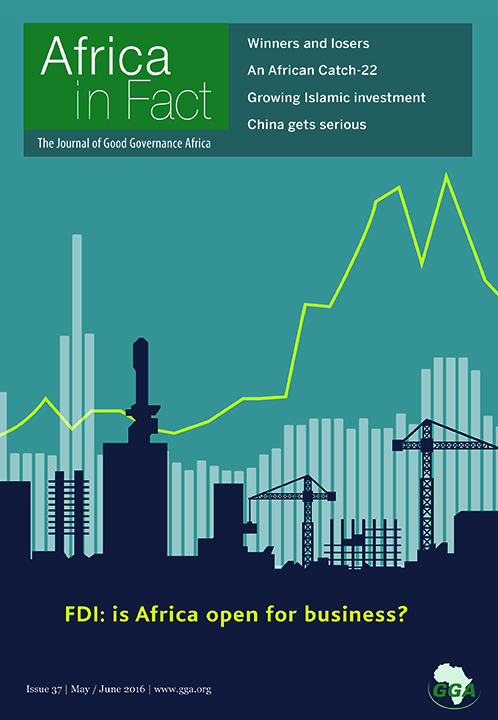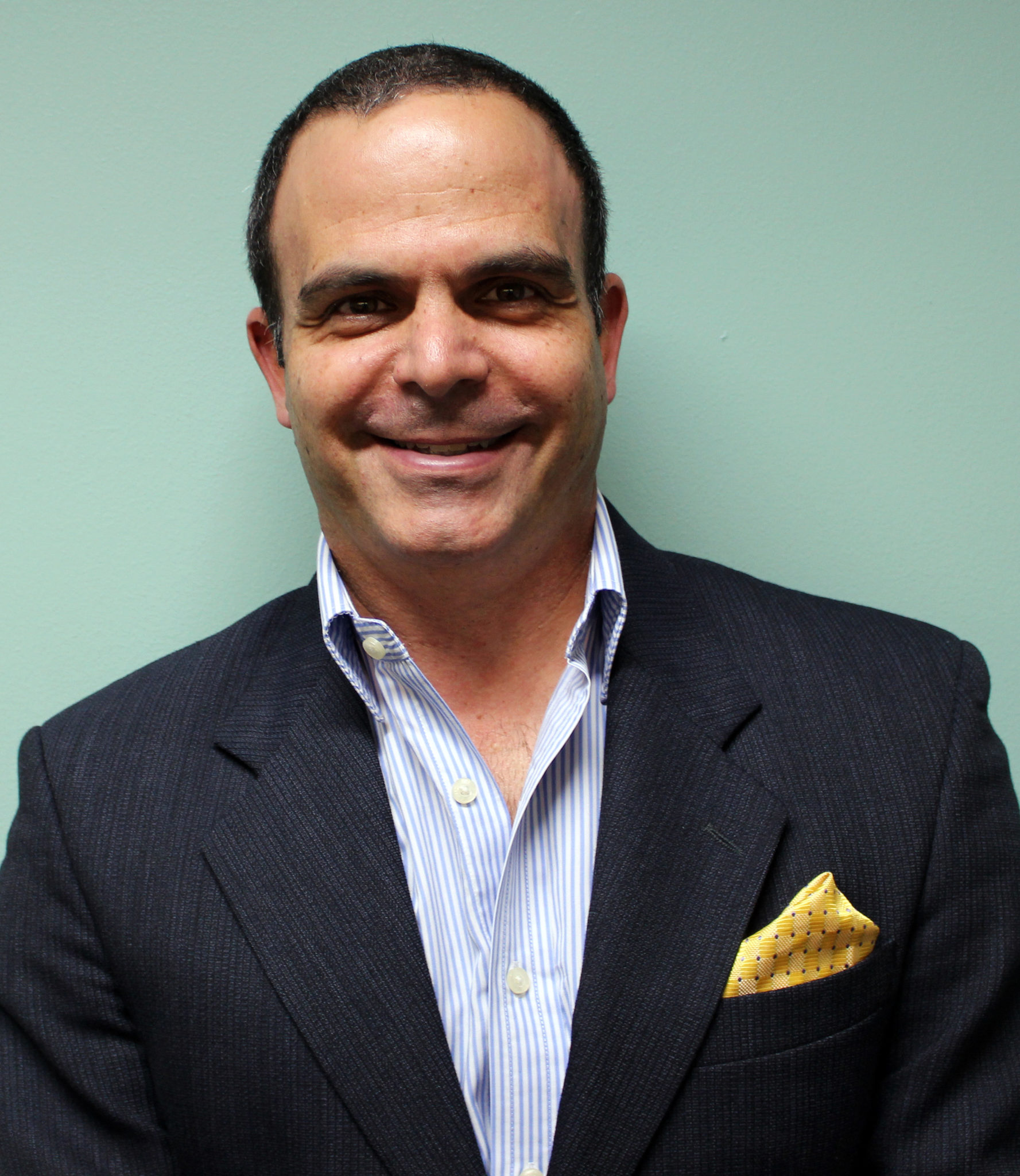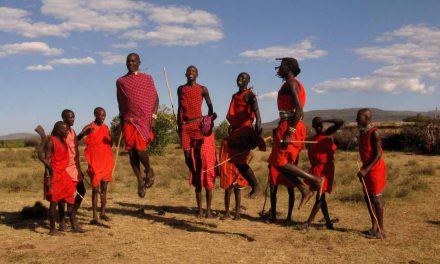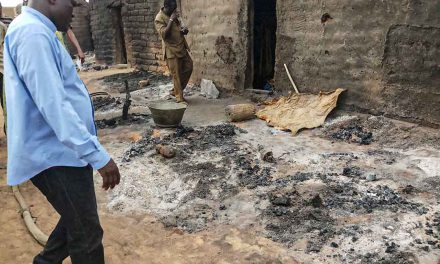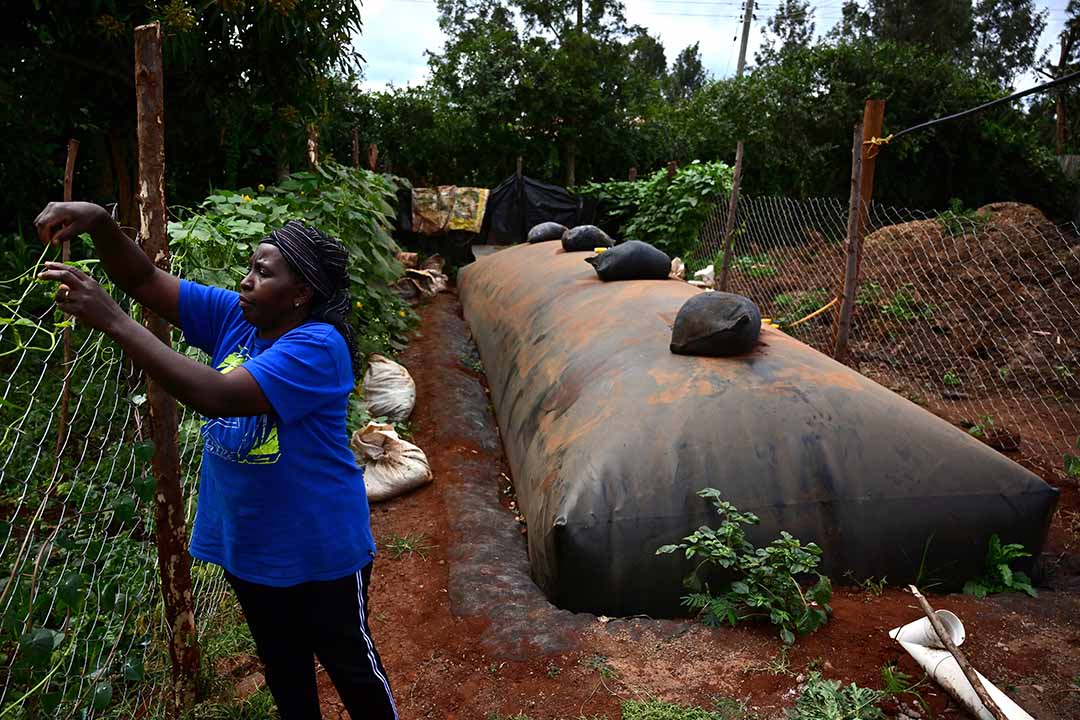Foreign direct investment (FDI), much like a stethoscope or a thermometer, can be thought of as a diagnostic tool that detects the pulse, respiration and temperature of a nation’s economic environment. It provides insights into the health and vital signs of the business environment, guiding prospective investor buy-in to what’s hot and what’s not.
Yet, as we read in this issue of Africa in Fact, FDI is not just future- orientated; it is based on commodity prices, government policies and business practices. It is as responsive to conditions on the ground as it is to future possibilities and emergent scenarios. There is a straight line, sometimes thinly or thickly veiled, from politics and governance to FDI.
As always, at GGA, we like to celebrate instances of good governance, expose the bad and work for positive change from the latter to the former. Hence our offering for this issue comprises interesting developments in Kenya, which is enjoying a boom in FDI thanks to renewed investor confidence, based largely on the buzzwords of economic diversification and capital projects.
This can be compared with epic crashes in FDI in two of Africa’s other (top) economies, Nigeria and South Africa. Such pronounced downswings in investment are seriously concerning for growth and development, as is the negative FDI recorded by Angola. Red flags are being raised by so- called “indigenisation policies” in Namibia and Zimbabwe. The generally negative effect of conflict on FDI is discussed in this issue for sub-Saharan Africa in general and exemplified in the CAR conflict, where Bangui has gone from being the “coquette” to “rocket”.
Finally, we consider “works in progress”, which comprise positive developments, subject to the usual caveats surrounding ethical practice and good governance. One example is the tripling of Chinese investment in Africa, with promises of industrialisation and developmental assistance, as announced by President Xi Jinping in South Africa last year. Another is Islamic funding, with sub-Saharan Africa enjoying close on a third of the Islamic Development Bank’s $10 billion investment for 2015. The bank, along with other Islamic state and regional funds, shows a diverse portfolio of investments on the continent. Concerns remain, however, over falling oil prices, and potential criminal and militant financing.
Last but not least, education. The rapid proliferation of international private tertiary educational initiatives isn’t only good for business and external investors, but serves to compliment public institutions and build capacity—as long as proper regulation is in place.
In order to avoid unhelpful, stereotypical and simplistic explanations for any complex phenomenon, we present a range of perspectives while remaining mindful that all investors have their own diverse agendas and nuanced strategies for ploughing finances into Africa and her various states. After all, we have the most rapidly growing middle-class across all continents.
Recently, I enjoyed the company of a fellow business traveller, an erudite Chinese engineer educated in Canada, with operational experience of infrastructure-related construction across Anglophone, Francophone and Lusophone Africa, and varied language skills to boot. Often, for China as with BRICS or the generic “West”, we miss the subtle finesse that is being employed on our continent, while we chase after the waterfalls of grand narratives.
With FDI, the equation can be reduced to a simple business decision based on risk and return. No business will venture into a deal that may potentially undermine or compromise its success, especially when it is forced to yield control over its own resources. Falling commodity prices and market volatility clearly play a role in declining FDI, but lack of political appetite and poor governance are directly implicated.
And while we can speak of dramatically reduced inflows to the continent, the inverse, namely evidence of radically increased outflows, is of equal concern. Currently, this is being witnessed in South Africa, where a lack of confidence in a declining economy is coupled with very real fears of “state capture” based on corruption, mismanagement and a lack of executive accountability. Only the traditionally strong medicaments of peaceful popular protest and sustained international pressure may be sufficient to cure these ills. Time will tell.
Alain Tschudin
Executive Director
ALAIN TSCHUDIN is a former Executive Director of Good Governance Africa. He is a registered psychologist with Ph.D.s in Psychology and in Ethics. He was a Swiss Academy Post-doctoral Fellow at Cambridge and oversaw the Conflict Transformation & Peace Studies Programme at UKZN for several years. He has broad research and community engagement interests and has worked for various universities in Africa and Europe, with the European Commission, with local and international NGOs, as CEO of a leadership development agency, and as lead consultant for Save the Children and UNICEF, most recently as Child Protection Assessment Coordinator for Northern Syria. Alain has an adjunct association with the International Centre of Non-violence (ICON) and the Peacebuilding Programme at the Durban University of Technology.

